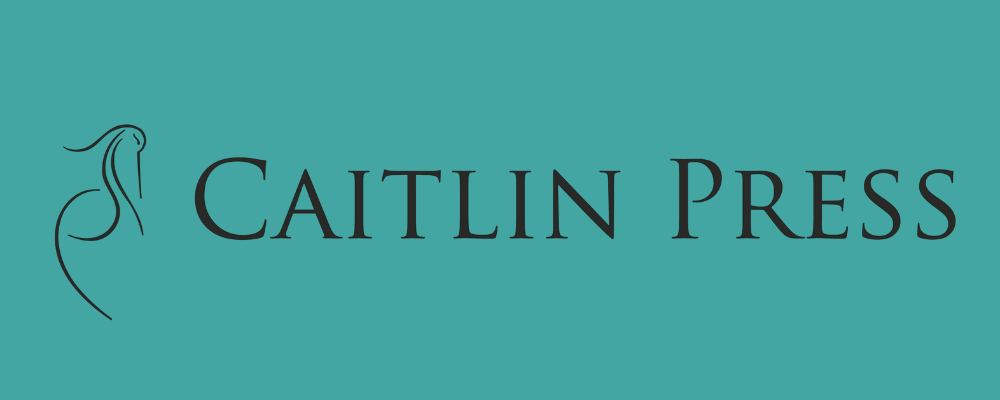In this celebratory blog series, we’ve put past Tech Forum sessions back on the menu. Some of the topics we’ve talked about are sales trends, marketing to an audience, optimizing publishing workflows, and accessibility. Today, ebooks and libraries take their turn.
Enjoy!
Oh, the Places Ebooks Go: An ebook's journey from creation to circulation
Join us as we revisit this 2018 ebookcraft presentation where Rose Donohoo, Maria Cipriano, and Teresa Elsey walk us through the journey an ebook follows from creation to library circulation and share details about what happens behind the scenes from the distributor and lender perspective.
Here are five key takeaways from this session:
Takeaway 1 — Relationships with distributors are key to getting your digital books in front of library patrons
As Rose Donohoo explains, Overdrive does not make audiobooks, ebooks, or any of the content they handle. Instead, they have distribution relationships with thousands of publishers from all over the world allowing libraries and schools to purchase ebooks and audiobooks according to their collection needs and goals.
Takeaway 2 — Working proactively on the quality of the files sent to your distributor will save you time and get you more sales
In Overdrive’s case, publishers have access to an FTP location for file delivery. The types of files shared can be: cover art; the source file — audiobook, ebook, or video; and metadata shared through ONIX or a custom XLSX file. While updates and revisions are possible, sending complete information from the beginning can increase the chances of a book getting sold, boost its discoverability, and improve the end-user experience.
Another reason to provide high quality files, as Maria explains here, is that with the possibility of borrowing an ebook any time of the day, any day of the week, and the ability to increase the font size, and save money by not having to purchase the ebooks patrons want to read, elder and print disabled people find themselves having a better reading experience from the comfort of their homes and reading more. This is only possible if publishers create ebooks that are accessible, have complete information, and are available in formats that work across multiple devices.
Takeaway 3 — Good metadata is key for seamless distribution and sales
Whether it’s an ONIX or custom XLSX file, sending good metadata along with the source file can help the distributor obtain and share key information about a book. From awards won to pricing and rights, all this information should be shared in the metadata.
Some metadata dealbreakers for libraries that might result in them deciding not to buy a digital book are:
digital books that don’t have a book cover;
no title or title errors;
inaccurate publication dates;
inaccurate or missing series information;
BISAC subjects that don’t match the book’s content;
selling rights that are not geographically appropriate; and
keywords that aren't relevant to the title.
Takeaway 4 — EPUB is the gold standard for ebook formats
As Rose explains here, the preferred format for ebooks is EPUB. Its compatibility across reading systems presents an advantage that not all the other formats can offer. But not any EPUB file can be added to the Overdrive catalogue, all files have to pass the most recent version of EPUBCheck.
Even from the library perspective, Maria Cipriano said “We don’t want to see PDFs, we want EPUB 3.”
Takeaway 5 — Licensing around ebooks is still problematic
According to Maria, accessing US content is fairly easy for Canadian libraries, unfortunately, that isn't always the case when it comes to Canadian and international content. Oftentimes, US libraries will have Canadian ebooks and audiobooks in their collections that Canadian libraries can’t offer to their patrons. Exclusivity agreements and lack of accessibility compliance in the materials are two of the main reasons why a Canadian library might not be able to add a specific digital book to their digital collections.
And while pricing and licensing have improved, finding a balance between affordability for libraries and profit for publishers, authors, and booksellers is still a challenge.
Watch the full session below
Hungry for more Tech Forum?
Sign up for our newsletter, subscribe to our YouTube channel, and keep your eyes peeled on our website to register for upcoming webinars and rewatch old favourites.
And of course, stay tuned for more instalments of Tech Forum to-go here on our blog.
Order up!














Insights into the latest updates and additions made to ONIX codelists.